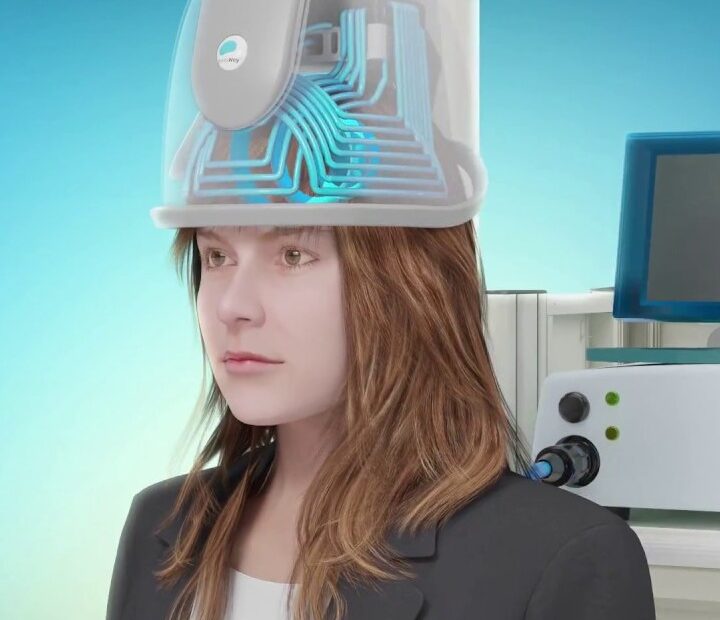Understanding Depression: TMS vs. Traditional Medications
Depression is a pervasive mental health condition that affects millions globally, and its treatment often requires a personalized approach. Transcranial Magnetic Stimulation (TMS) has recently emerged as a groundbreaking alternative to traditional medications for depression. This post examines the differences between TMS treatment and medications, highlighting their mechanisms, delivery methods, side effects, treatment schedules, and patient considerations.
TMS vs. Medications: Understanding the Mechanisms
TMS uses magnetic fields to activate nerve cells in the prefrontal cortex, the area of the brain responsible for mood regulation. This non-invasive method is designed to specifically modulate neural activity where there may be an imbalance causing depressive symptoms. Conversely, antidepressants typically improve mood by changing neurotransmitter levels in the brain, with drugs like SSRIs and SNRIs influencing the brain’s chemicals to regulate mood.
The Localized Impact of TMS
One of the key advantages of TMS is its targeted approach. It stimulates the brain regions linked with depression without systemic effects, avoiding broader implications of medication and offering benefits to those who may experience adverse effects from full-body medication impact.
Medication’s Broad Approach
Unlike TMS, antidepressants work throughout the body, altering neurotransmitter levels in the brain and affecting various neural circuits. Although this approach can be effective, it may also produce side effects that impair bodily functions.
Side Effects: TMS vs. Medications
- TMS is usually well-tolerated with side effects often limited to mild discomfort at the stimulation site or post-treatment headaches.
- Medications can lead to side effects including weight gain, sexual dysfunction, nausea, and insomnia, among others, which may vary based on the medication and the patient.
Treatment Schedules: What to Expect
TMS therapy typically consists of daily sessions for several weeks, each lasting about 20-30 minutes, fitting seamlessly into patients’ lives with minimal disruption.
Medications, on the other hand, are generally taken daily and may require a continued regimen for an indefinite period, with effects potentially taking several weeks to months to become fully apparent.
Choosing TMS: When Medications Aren’t Enough
For those who haven’t found relief from antidepressants, TMS may be a viable option, often considered for treatment-resistant depression.
First-line Treatment: The Role of Medications
Despite TMS’s benefits, medications are often the initial treatment for depression, with the possibility of considering TMS if medications aren’t effective or cause intolerable side effects.
Moving Forward with TMS and Medications
Deciding on the best depression treatment is a process jointly navigated by patients and their healthcare providers, with both TMS and medications serving important roles in managing depression.
If you’re considering your options for depression treatment, support is available. Contact Empower Psychiatry at (770) 615-0226 or visit AtlantaTMS.Clinic for professional help.
Choosing a treatment path for depression can be complex, but understanding the differences between available options enables informed decisions for better mental health management. Whether considering TMS therapy or medication, the objective is to find the most effective route to wellness.

